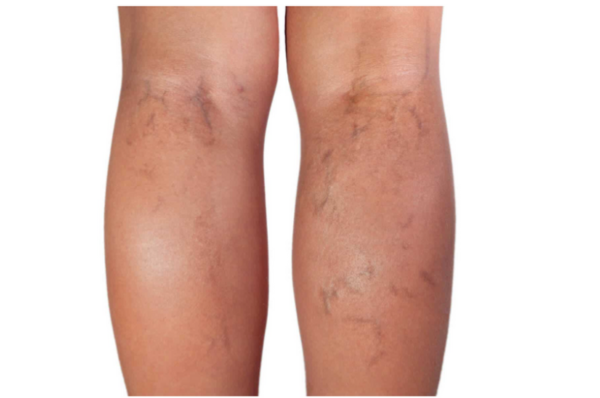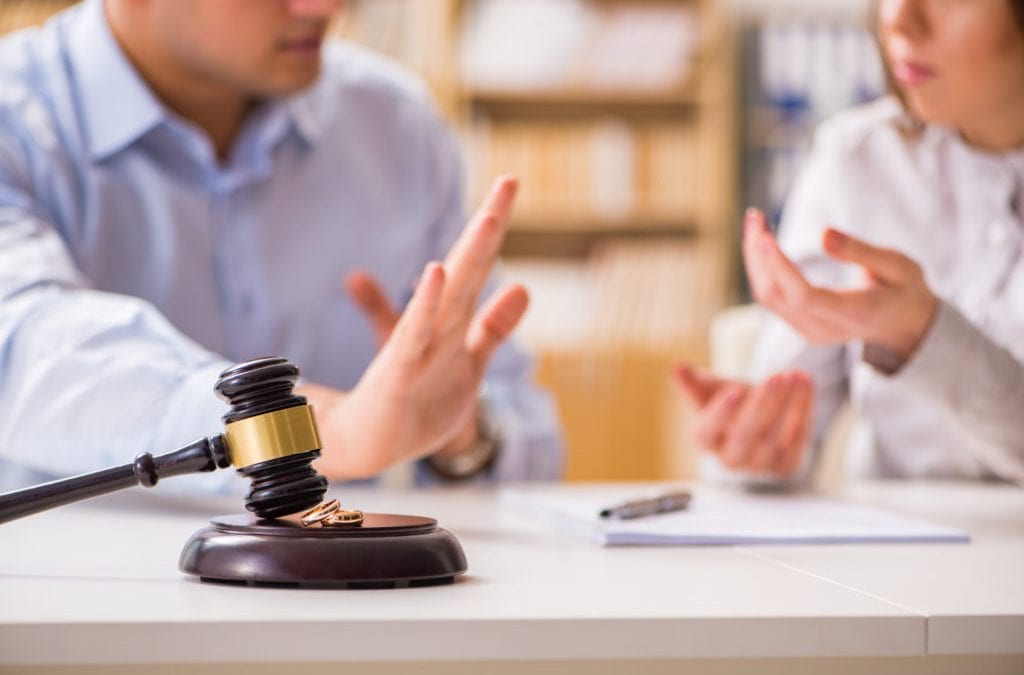Varicose veins are a common condition that affects many people, especially as they get older. They are swollen, twisted veins that appear just beneath the skin’s surface, usually in the legs. While they are often harmless, they can sometimes cause discomfort, pain, and other complications that may lead to varicose vein treatment. So, when should you worry about varicose veins?
Pain and discomfort
One of the most common symptoms of varicose veins is pain or discomfort in the affected area. This discomfort can range from a mild ache to a sharp pain and can be accompanied by a feeling of heaviness or fatigue in the legs. If you are experiencing any pain or discomfort in your legs, it’s essential to get them checked out by a vascular doctors.
Swelling and inflammation
Varicose veins can also cause swelling and inflammation in the legs, ankles, and feet. This swelling can be caused by the accumulation of fluids that have leaked out of the damaged veins. If you notice any swelling or inflammation in your legs, it’s important to see a doctor as soon as possible.
Skin Changes
Varicose veins can also cause changes in the skin on the legs, including discoloration, dryness, and itching. Over time, the skin may become thick and discolored, and in some cases, it may even develop sores or ulcers. These changes can be a sign of a more severe underlying condition, so it’s crucial to seek medical attention if you notice any changes in your skin.
Bleeding
In rare cases, varicose veins can bleed, which can be a medical emergency. If you notice any bleeding from your varicose veins, seek medical attention immediately.
Family History
If you have a family history of varicose veins, you may be more likely to develop them yourself. It’s important to monitor your legs for any changes and to talk to your doctor about any concerns you may have.
In conclusion, varicose veins are a common condition that usually doesn’t require medical treatment. However, if you are experiencing pain, swelling, skin changes, bleeding, or have a family history of varicose veins, it’s essential to see a doctor. Early detection and treatment can help prevent complications and improve your overall health and wellbeing.








